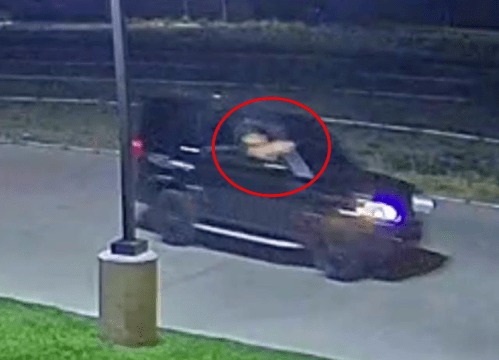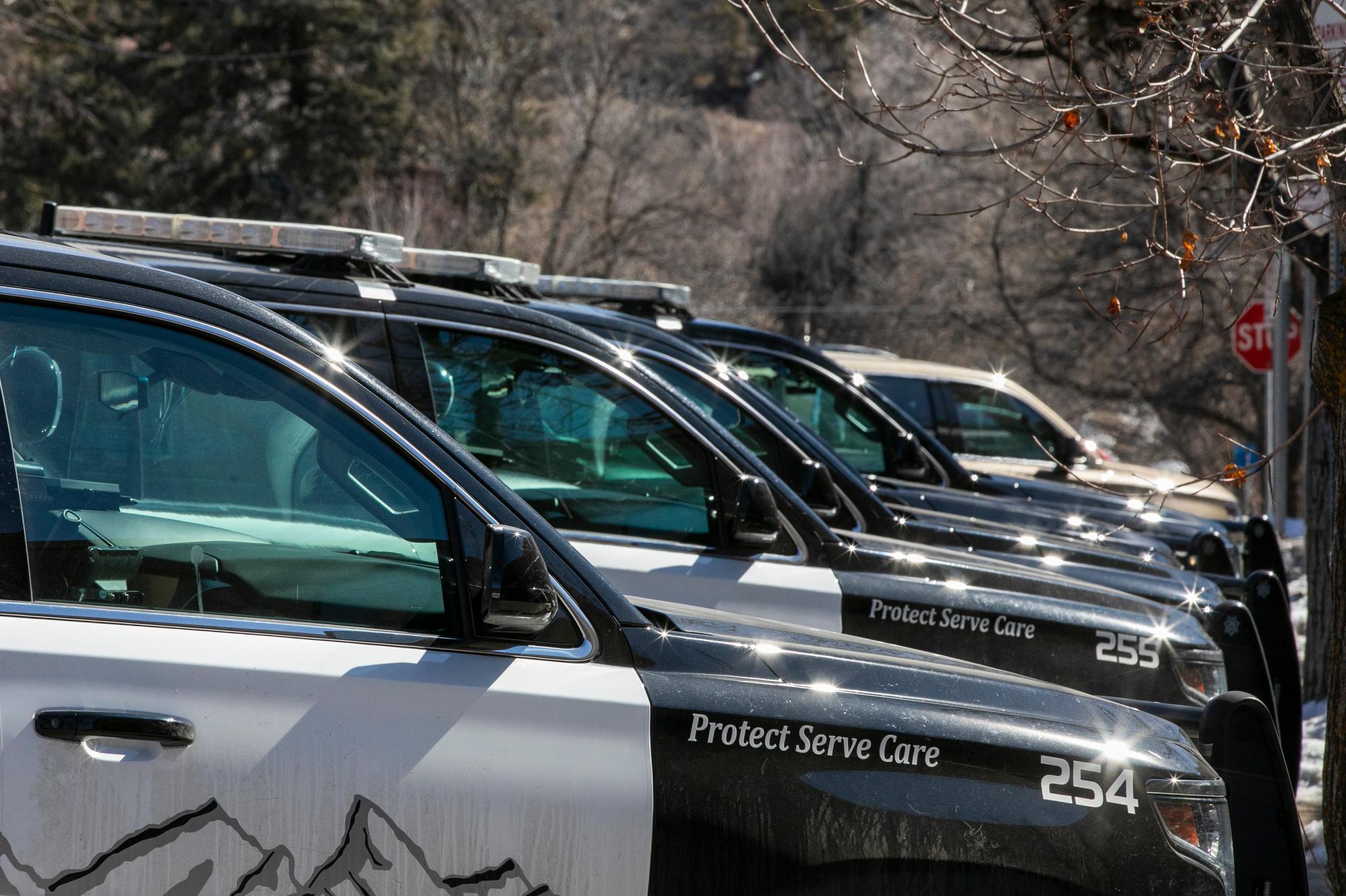Editor's note: This story contains language some may find offensive.
The allegations of drinking and sexual misconduct swirling around Supreme Court nominee Brett Kavanaugh have prompted a new round of soul-searching at elite prep schools like the one he attended three decades ago. Schools are taking a hard look at how they may have permitted a culture of drinking and sexual misconduct.
Over recent weeks, as Dr. Christine Blasey Ford has detailed her accusations against Kavanaugh, many alumni of those esteemed institutions say the picture of drunken debauchery that has emerged is painfully familiar.
"I was deeply shaken," says Alexandra Lescaze, who graduated from the National Cathedral School in 1988. She says the news prompted a slew of "really bad memories." Bad things happened to her, she says, and even worse things to others. For example, she says at one party, she witnessed what kids used to call a "lineup."
"There was a drunk girl in a room, and there was a boy in there with her, and there were other boys lined up outside the door, and my friend recalls hearing 'I'm next!' 'I'm next!' "
It was such a toxic culture of power and privilege, she says, many guys didn't even try to hide it. For example, as she remembers, one guy actually included the term "date rape" in his reminiscences beside his senior picture in his yearbook.
"Imagine having the balls to put that in your yearbook," she sighs. "They just felt like [they had] complete impunity. It was really bad."
And schools knew it, too.
In 1990, the Washington Post reported that seven schools sent a joint letter to parents, warning them about the excessive drinking and sex at unsupervised parties. The schools, including Georgetown Preparatory School, which Kavanaugh attended, called it a "recipe for disaster."
Georgetown Prep's current president declined to comment for this report. But in a recent letter to parents, the Rev. James Van Dyke vowed to re-evaluate school culture and to "continue our ongoing work with the guys on developing ... a healthy understanding of masculinity ... and to talk with them honestly and even bluntly about what respect for others, especially respect for women and other marginalized people means in very practical terms — in actions and in words."
"This has been a call to every educator to think through what kind of a community they want to be creating on campus," says John Palfrey, head of school at Phillips Academy in Andover, Mass. "I think any school that isn't engaged in soul-searching about the kind of culture that is on a campus is making a mistake."
Most schools have already changed dramatically since the '80s, Palfrey says. That has been driven by evolving attitudes in society at large, and by a student body that is no longer so exclusively drawn from the privileged and powerful.
Palfrey says new initiatives at school have also had an impact. He says from the moment students arrive on campus to the day they graduate, they are all educated in what he calls a "culture of consent and respect."
It's definitely progress, he says, but "I certainly can't say that we are out of the woods yet."
Indeed, just three years ago, St. Albans School, an elite all-boys school in D.C., was embroiled in scandal involving student misconduct. Girls at its sister school, National Cathedral School, collected a Google document full of allegations of of unwanted sexual advances at parties and inappropriate comments by St. Albans boys as part of an effort to design new prevention programs. That prompted a flurry of online posts from the boys that school officials called "inappropriate." Later the same year, St. Albans had to recall its yearbooks after discovering seniors had included crude and sexist slurs.
"That's way too recent. This is very disturbing," says attorney Eric MacLeish, who represents victims of sexual assault and is an alumnus of St. Albans.
"That tells me there's an issue at that school. It's really indefensible," he says.
St. Albans declined to comment, but in a letter to parents and alumni this week, the school apologized for the incidents and vowed to learn from past mistakes.
"We embrace moments like this ... as opportunities to reflect deeply on who we are and what we value," wrote Headmaster Jason Robinson.
Not that it hasn't been painful. In his letter, Van Dyke from Georgetown Prep noted how "tough" it has been to see the school's image so tarnished. But writing this week in America magazine, Van Dyke insisted that the school's challenge is "not a public relations challenge but one of school culture."
Alumnus Jerry Parshall says he doesn't think the school is quite living up to that standard. He says the letter he received from the president "focused too much on the good work that prep students are doing in the world and their public service" and on denying any sense of entitlement.
"I wish they had owned up a little bit more," he says, "to say, 'Look, there clearly was a problem here back then, and there's more we can do about it, and we're going to work to fix it.' "
Palfrey of Phillips Academy says some schools have been quicker than others to really walk the walk.
"In difficult situations, I certainly think there are cases in which schools make a decision based on [protecting their] reputation [instead of what's best for kids] and they shouldn't."
Ultimately, schools say the most powerful force for change is the kids themselves. As three seniors wrote in the St. Albans school newspaper this week, "The acceptance that our community has problems is not a mark on our character or our school; rather, an honest effort to address these problems shows our true strength as young men." They went on to write that only by "standing tall as the men of St. Albans School will we give to our sisters ... what we have owed them for ages."
It's heartening to many administrators to see how expectations and attitudes of this generation of high schoolers have evolved. But Palfrey says he worries some of the progress may be undermined by what happens in Washington.
If the Senate votes to confirm Kavanaugh, despite the allegations against him, he says it will send students a mixed message about underage drinking and sexual misconduct.
"It will make it seem that these things are not as consequential or important as we've been saying they are," says Palfrey. "And it will make it more complicated for us as educators to hold the line on sexual misconduct in some ways."
And even if the Senate votes no, Palfrey says, public officials have already made comments in recent weeks that also undermine what schools have been trying to teach.
9(MDEyMDcxNjYwMDEzNzc2MTQzNDNiY2I3ZA004))







